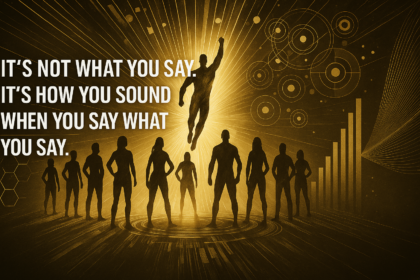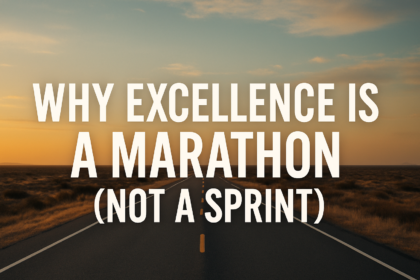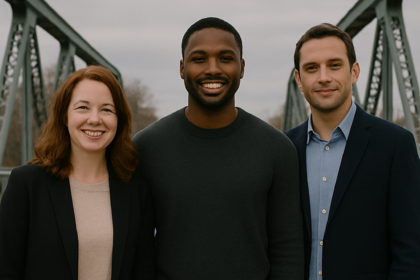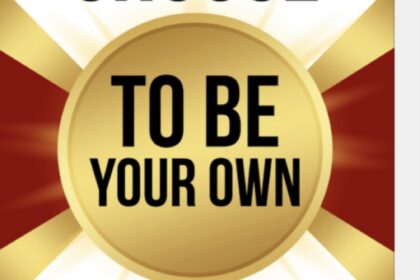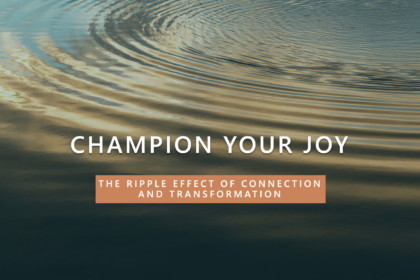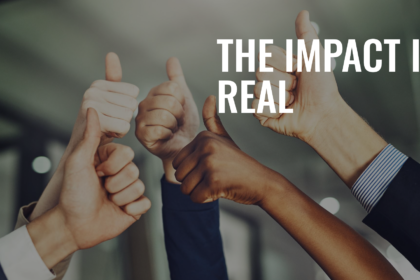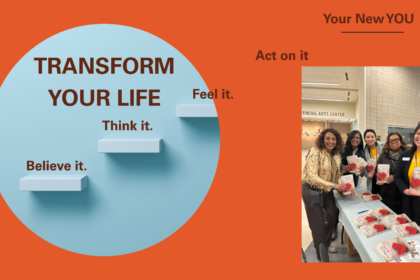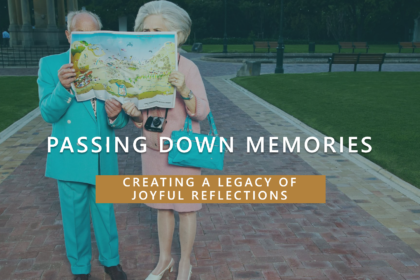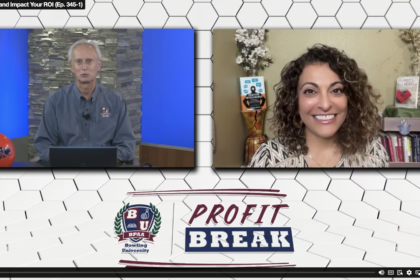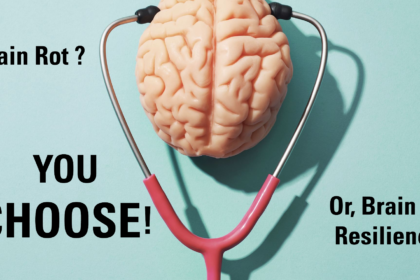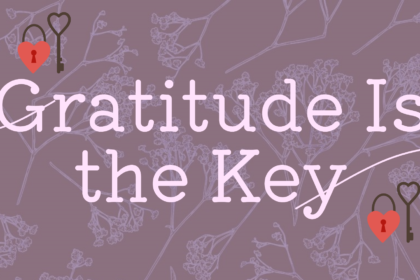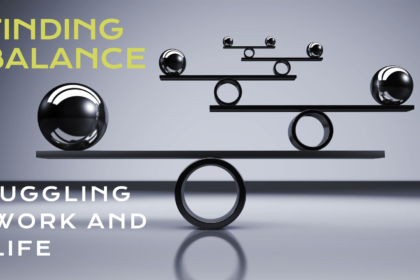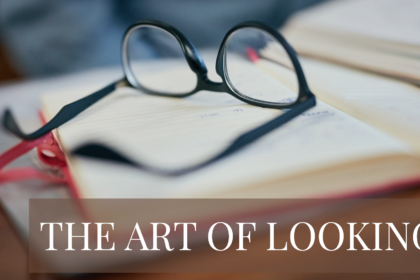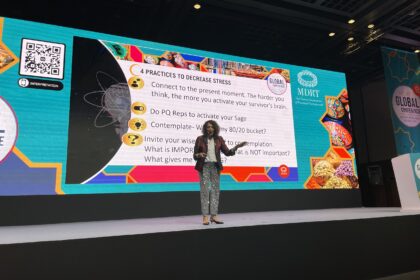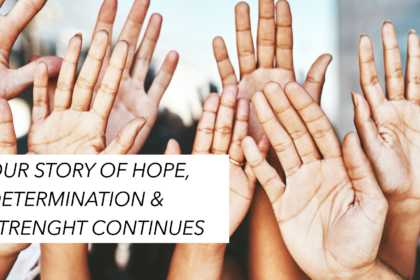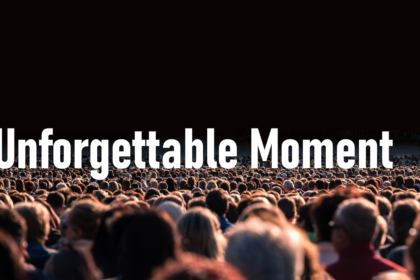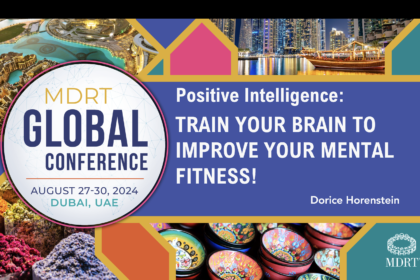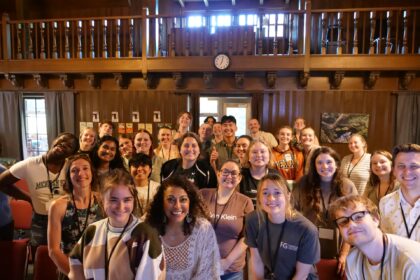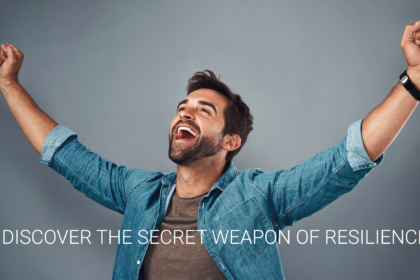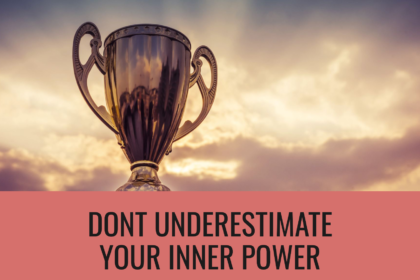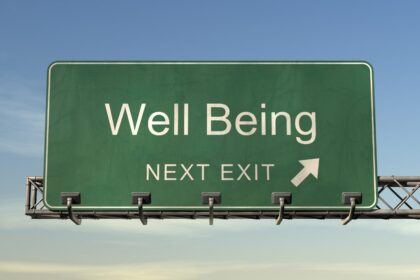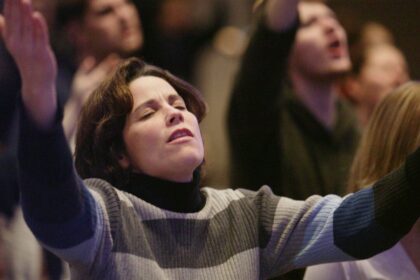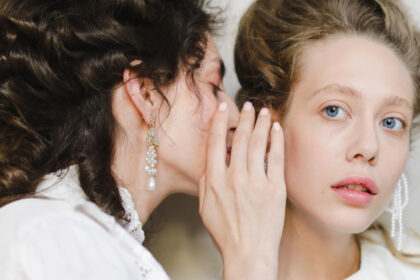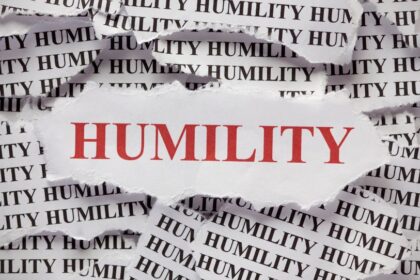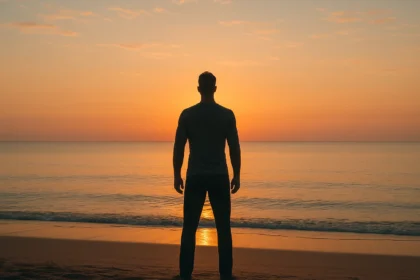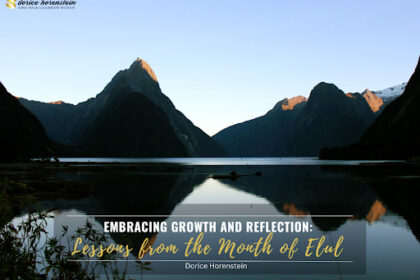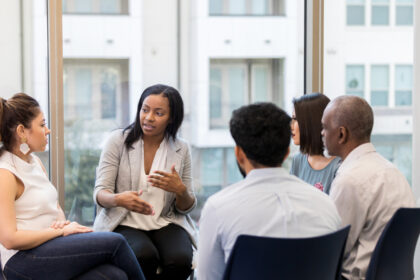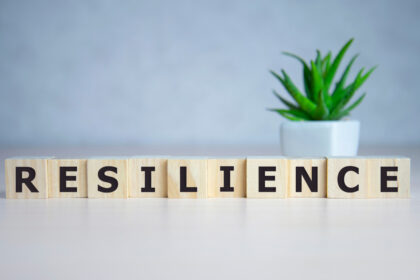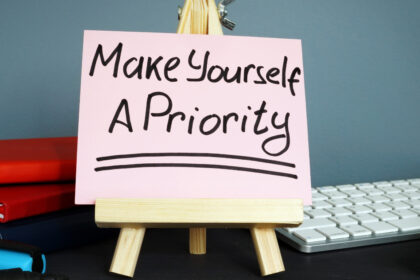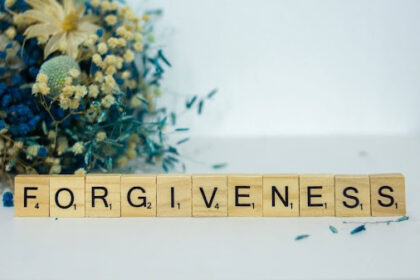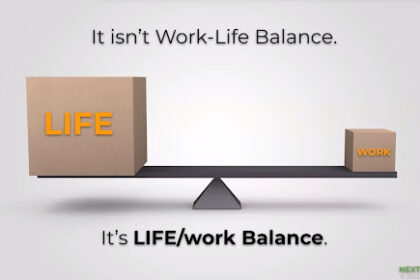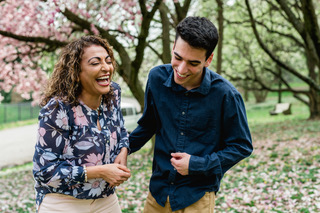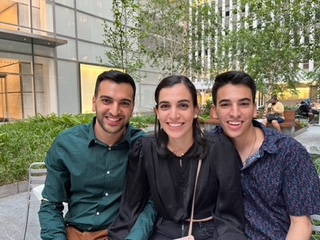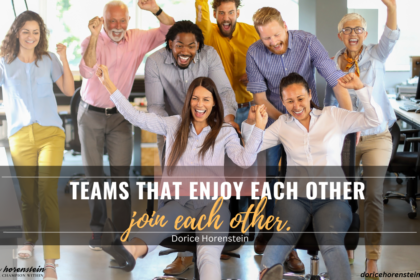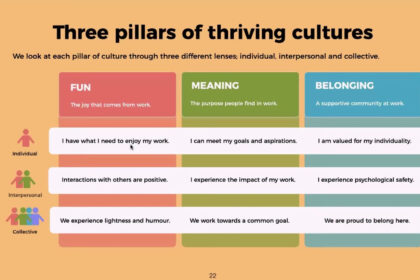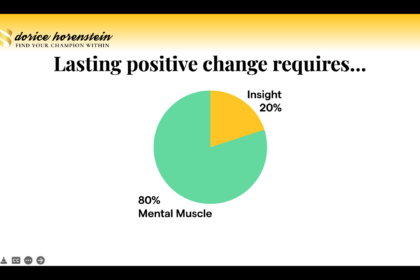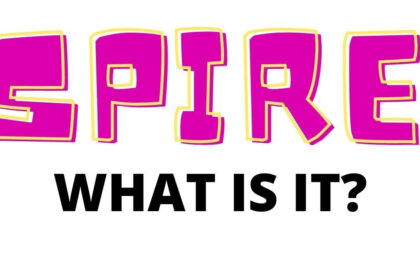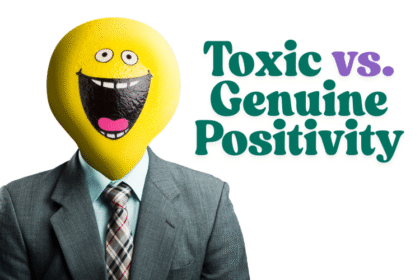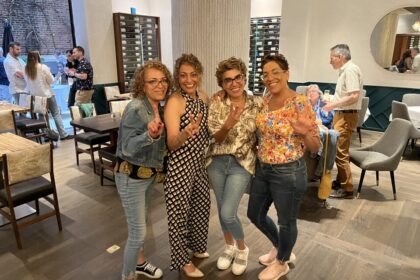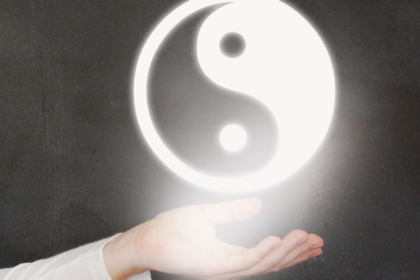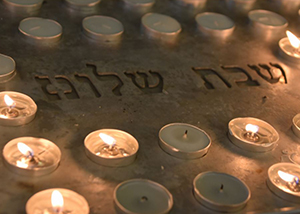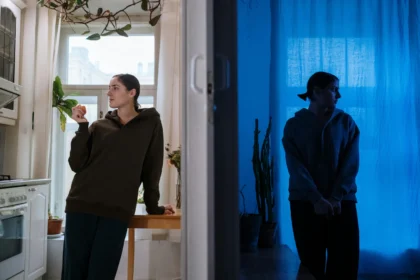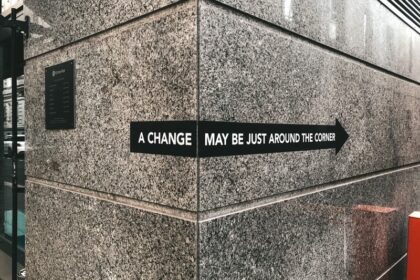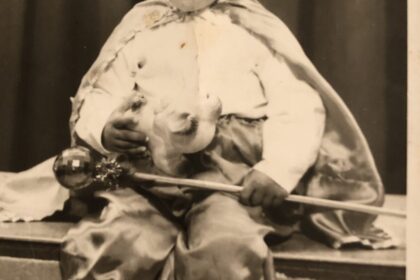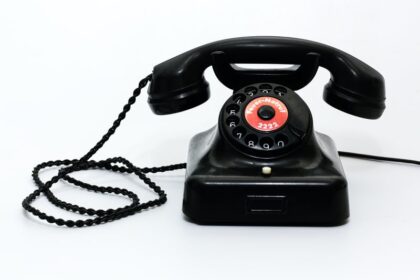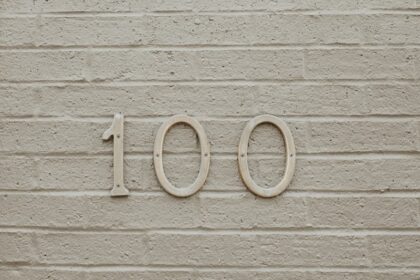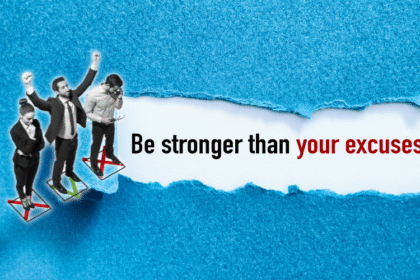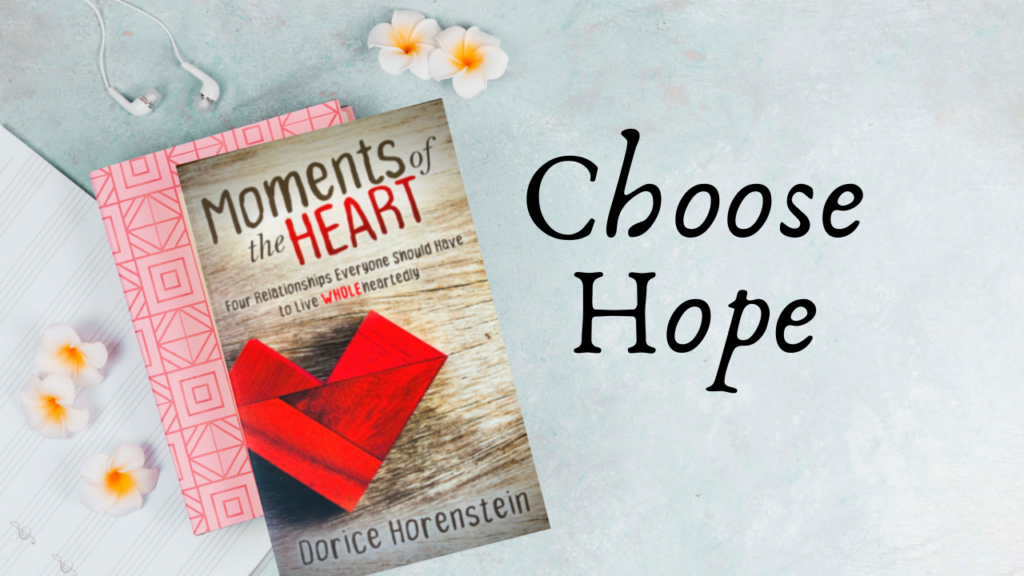
This week I attended a networking meeting with Exceptional Connection. As a preparation for the meeting, Cyndi ONeil-Dady, the founder of this magnificent group, asked us to choose one intentional word as we begin 2021! What would be your word? Would it be Growth? Creativity? Empathy? You are invited to not rush reading forward and instead pause and reflect.
When Cyndi asked this question, the first word that came into my awareness is hope, and how hopeful I am for the year ahead. What do the words hope and hopeful stir within you?
I chose hopeful because I believe that without hope we cannot dream, without hope we cannot navigate our lives, without hope we cannot love. Without hope so much is unattainable.
No wonder that the title for the Israeli national anthem is “The Hope.” So many struggles, yet we hope. Where would we, as humanity, be without it?
There are so many articles and books talking about the benefits of being hopeful. Positive Intelligence, the capacity to respond to life’s challenges, develops and nurtures this necessary ingredient—hope—in all the methods and tools we coach our clients.
Viktor Frankl, Austrian psychiatrist and Holocaust survivor, wrote extensively about the ingredient of hope in the darkest of times. He has seen the horrors of the Holocaust yet remains hopeful. Being hopeful allowed him not only to survive but also publish his book, Man’s Search For Meaning, shortly after, in 1946. It is a book that highlights the attribute of hope as a necessary tool for survival.
Speaking for myself, I am grateful beyond belief that I did not live during these dark times, and that I did not have to pass the test of hopefulness in such inhuman conditions. But as 16th century commentator Ma-or Chayim (meaning the light of life) says, each one of us has 10 tests during our lifetime. Some of these tests are private and others are collective.
I think it would be safe to say that last year, 2020, has been such a test for us as a collective whole. Would you agree? And if so, the natural follow-up question is, “How did we do?” Did we pass the test? The answer, I believe, lies in the concept of hope.
Think of times in your life when you were struggling in a relationship, or with a task or a project. Did the struggle make it impossible for you to experience hope? Were you hopeless? Did you see only the darkness with no light at the end of the tunnel?
I recall several times in my life when I was challenged. One I often speak about is the challenge I had with my new boss at the time. During the first couple of years, we simply did not get along. So much so that I thought I may have to leave the synagogue, where I held the position as an education director. That possibility devastated me as I knew that my task was not done yet. I did not want to leave.
So I hoped. I believed in hope. I wanted to have to have a healthy future, a positive relationship in the workplace. That desire alone gave me the strength to hope. I discovered that hope is the seed for everything good in life. You see, hope is the antithesis of fear; there are no negative effects to being a hopeful person. Fear paralyzes us, making us unable to think creatively. It hinders our mind because it wants to “protect” and keep safe what it knows for sure.
Notably, no one tells us that what we are hopeful for will become a reality! Yet we still hope!
Reflect on your own hope story.
We also know that hope by itself is not enough. That it must be followed by an action—an action that we choose. An action with an intention. Being hopeful is a way we train our brain to think and respond. It is an ongoing exercise in developing and being who we want to become.
We can think of hope as a “mind self-talk” to overcome fear and foster a better life ahead. We hope because we know we can be better, love better, be better. Studies in positive phycology tell us that self-talk is one major way to overcome fear. And when we do that, our brains release endorphins that make us feel good about ourselves!
When we think positively, when we self-talk ourselves with notions that are building us up—even if we at that moment feel disillusioned—we ultimately will feel hopeful and bright-eyed about the future!!
What I am learning again and again is that we cannot avoid fear if we want a different result. We need to deal with the issue, with the fear, with what holds us back. We cannot wish away the fear but instead have to power through it! And it starts with our own brain! By not avoiding fear but rather invoking hope, the belief that we will get back to the life we dream of. We will be seeing our friends, family and loved ones soon. This is where hope comes in because hope makes the dream possible.
Dorice

